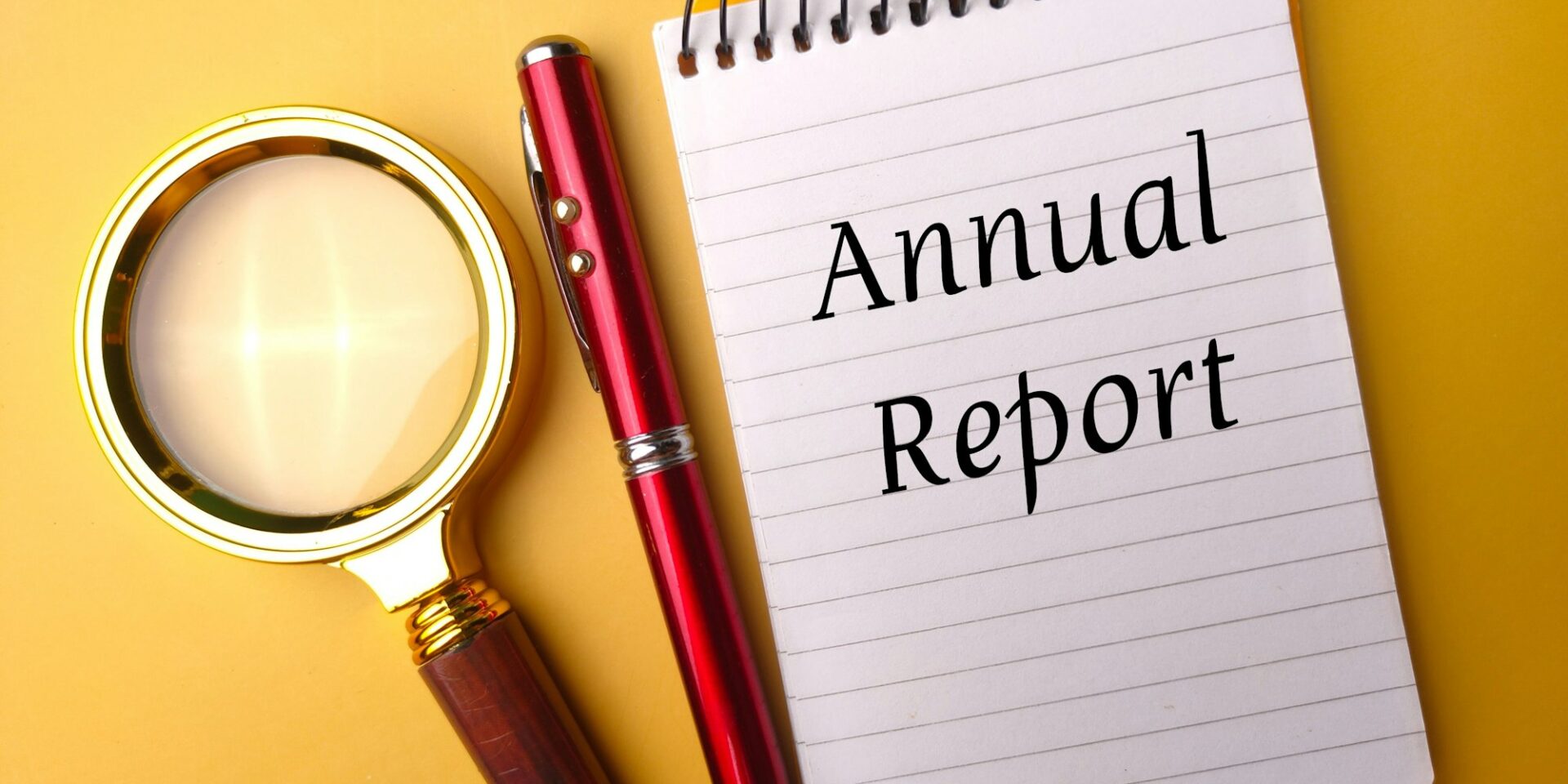Annual Report Analysis 2003-04: Central Water Commission
The Central Water Commission (CWC) 2003-04 annual report outlines significant progress in the development and management of water resources in India. Key achievements include the acceptance of 15 new projects, monitoring of 93 major and 44 medium projects, the release of substantial financial aid under the Accelerated Irrigation Benefit Programme (AIBP), and the issuance of 6,600 flood forecasts with a high accuracy rate of 96.5%.
Highlighted Data:
Geographical and Demographic Data:
- Total geographical area: 329 M ha.
- Population (2001 census): 1027 million.
- Rainfall variation: 100 mm in the western regions to 11000 mm in the eastern regions.
- Major river basins: 12, covering a catchment area of 253 M ha.
Water Resources:
- Average annual rainfall: 3693.59 BCM.
- Mean annual natural run-off: 1869 BCM.
- Estimated utilizable surface water potential: 690 BCM.
- Total replenishable groundwater resources: 432 BCM.
- Ultimate irrigation potential: 140 M ha.
Irrigation and Hydropower:
- Irrigation potential from surface water: 76 M ha.
- Irrigation potential from groundwater: 64 M ha.
- Ultimate hydropower potential: 84044 MW at 60% load factor.
Projects Implemented:
- Hydrology Project: Implementation of the World Bank-funded Hydrology Project.
- Pancheshwar Multipurpose Project: Joint project with Nepal for water resources development.
- Design Consultancy: Provided for 117 water resources development projects.
- Flood Forecasting: Issued 6600 flood forecasts with 96.5% accuracy during the monsoon of 2003, significantly aiding flood management efforts in flood-prone states.
Budget Allocation and Utilization:
- Plan Outlay: Rs. 49.58 crore
- Non-Plan Outlay: Rs. 99.18 crore
- Total Budget: Rs. 148.76 crore
- Total Expenditure: Rs. 141.98 crore
- Plan Expenditure: Rs. 39.60 crore
- Non-Plan Expenditure: Rs. 102.38 crore
Delayed Projects:
Several projects faced delays, impacting budget utilization and progress:
- Data Collection and Hydrological Studies: Establishment of 111 key stations for hydrological data collection was delayed, affecting the overall data accuracy and project timelines.
- Snow Hydrological Studies: Collection of snowmelt runoff data and preparation of snowmelt runoff models faced setbacks due to logistical challenges.
- Flood Forecasting Modernization: The installation of telemetry systems in the Lower Ganga, Krishna, Godavari, Pennar, Lower Mahanadi, Upper Brahmaputra, and Yamuna Basins was delayed, affecting real-time data collection and flood forecasting accuracy.
Pros and Cons of the Report:
Pros:
- Comprehensive data collection and analysis, providing detailed insights into water resource management.
- High accuracy in flood forecasting, contributing to effective disaster management.
- Successful implementation of various projects, demonstrating the CWC’s commitment to water resource development.
Cons:
- Delays in key projects, leading to budget overspend in certain areas.
- The need for more robust flood plain zoning legislation and enforcement to prevent flood damage.
- Limited progress in some regions due to bureaucratic and logistical challenges.
As someone deeply concerned about India’s water resources, I urge all stakeholders—citizens, policymakers, and industry leaders—to take proactive steps towards sustainable water management. The insights from the CWC’s 2003-04 report highlight both our achievements and areas needing improvement. We must prioritize timely project completion, enhance our flood management systems, and invest in innovative water conservation technologies. Together, we can ensure a secure and sustainable water future for India.


